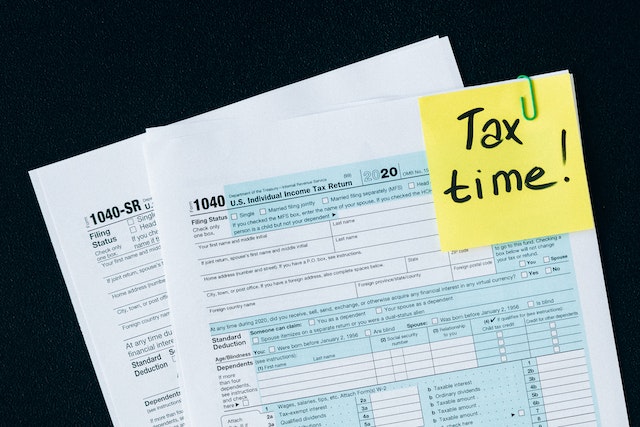
No one wants to seek help with finances unless it is really needed. Nobody wants to make one’s economic situation worse than it already is. Some people in Tennessee and elsewhere seem to think that bankruptcy is the worst thing they can do for themselves when they are already struggling financially, but the truth is it can help. Utilizing this form of debt relief has been a positive experience for many consumers struggling with their finances.
Rebuilding one’s credit after bankruptcy is possible; it just takes time and hard work. Bankruptcy, depending on the type one filed, can remain on one’s credit report for up to 10 years. This will bring down one’s credit rating and make it difficult to obtain credit, at least for a while. The truth is, the initial impact of a bankruptcy filing on one’s credit rating may sting for the first little while, but the impact does fade over time — well before the bankruptcy filing is removed from the credit report.
There are a couple of things that can be done to begin the credit rebuilding process shortly after bankruptcy approval. The first is to avoid further debt. This can be done by living on a strict budget. The second is to build an emergency fund for unexpected expenses, which are inevitable. In other words, one just needs to show creditors fiscal responsibility.
Rebuilding credit after bankruptcy is not something that can be done overnight. It takes work, day in and day out, but it is possible. Tennessee residents who are afraid of what a bankruptcy filing will do to their already fragile financial state can speak to a bankruptcy law attorney to learn all the pros and cons of utilizing this debt relief option.




